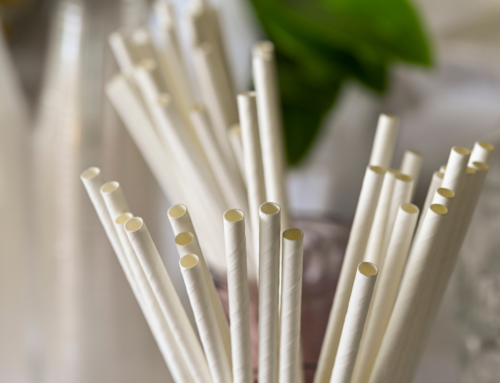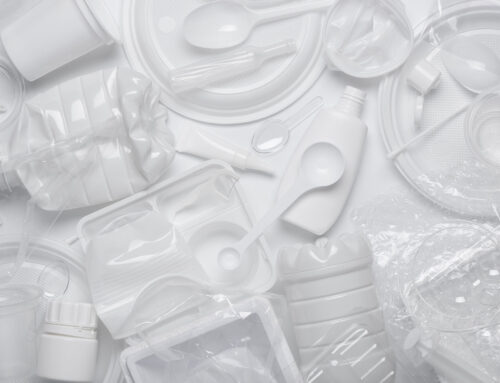In a world where convenience and sustainability intersect, disposable cutlery has become an integral facet of modern living. Enter Remcoda, a beacon of professionalism and expertise in the realm of sustainability, poised to guide you through the intricate landscape of disposable cutlery materials. Our mission? To empower you with knowledge, enabling discerning choices that resonate with both efficiency and environmental responsibility.
Understanding Disposable Cutlery:
In the sphere of disposable cutlery materials, Remcoda distinguishes itself as a paragon of insight. We meticulously dissect the properties of plastic, PLA, bagasse, bamboo, and wood, offering a comprehensive understanding to facilitate informed decision-making. Join us as we unravel the intricacies of these materials, placing emphasis on their respective merits and demerits.
Pros and Cons of Each Material:
CPLA (Crystalized Polylactic Acid):
Pros: Biodegradability, durability, and high-temperature resilience.
Cons: Chemical additives and nuanced composting considerations.
Bagasse:
Pros: Biodegradability, compostability, and a sustainable byproduct of the sugarcane industry.
Cons: Limited structural strength and susceptibility to water compromise.
Bamboo:
Pros: Exceptional strength, reusability, and natural compostability.
Cons: Requires meticulous drying post-cleaning and not suitable for dishwasher use.
Wood:
Pros: Robust strength, reusability, and organic decomposition for soil enrichment.
Cons: Immediate drying imperative and subject to ongoing discourse regarding responsible sourcing.
Is Disposable Cutlery Reusable?
In the pursuit of hygiene and sustainability, Remcoda offers pragmatic insights into the reusability dynamics of disposable cutlery. While plastic is categorically discouraged due to hygiene concerns, materials such as CPLA, bagasse, bamboo, and wood can be rejuvenated through judicious care and cleaning practices. Trust Remcoda for a nuanced understanding.
Is Disposable Cutlery Compostable?
Plastic, an environmental pariah, contrasts starkly with compostable alternatives. Remcoda elucidates the compostability nuances of bagasse, bamboo, and wood, emphasizing key features such as biodegradability, degradation time, and nutrient production. Navigate the landscape of eco-friendly disposables with Remcoda’s discerning guidance.
Effects of Disposable Cutlery on Human Health:
Remcoda extends its professional insights into the health implications of disposable cutlery. While plastic may introduce harmful elements at elevated temperatures, compostable materials such as bagasse, bamboo, and wood, manufactured without chemical additives, present a safer alternative for consumers.
Effects of Disposable Cutlery on the Planet:
Environmental impact is at the forefront of Remcoda’s considerations. Plastic’s deleterious effects contrast sharply with the eco-friendly attributes of bagasse, bamboo, and wood. These materials, through their natural decomposition processes, not only preserve environmental integrity but also contribute to soil enrichment.
Choosing the Best Disposable Cutlery:
Remcoda, with an unwavering commitment to sustainability, recommends bamboo and wood as the apex choices for disposable cutlery. These materials, encompassing strength, compostability, and safety, epitomize conscientious consumerism and advocate for sustainable practices.
Future Trends and Business Implications:
The trajectory of disposable cutlery is undergoing a paradigm shift. Governments globally are enacting stringent regulations, compelling businesses to embrace eco-friendly practices. Remcoda anticipates a future dominated by environmentally responsible choices, mirroring the commendable initiatives of industry leaders like Shake Shack, collaborating with Restore Foodware to pioneer sustainable cutlery solutions.
Remcoda’s professional insights extend beyond the surface, delving into the intricate realm of disposable cutlery materials. By aligning with our expertise, you not only make informed choices but also contribute to a sustainable future. Trust Remcoda – where professionalism meets environmental stewardship.







